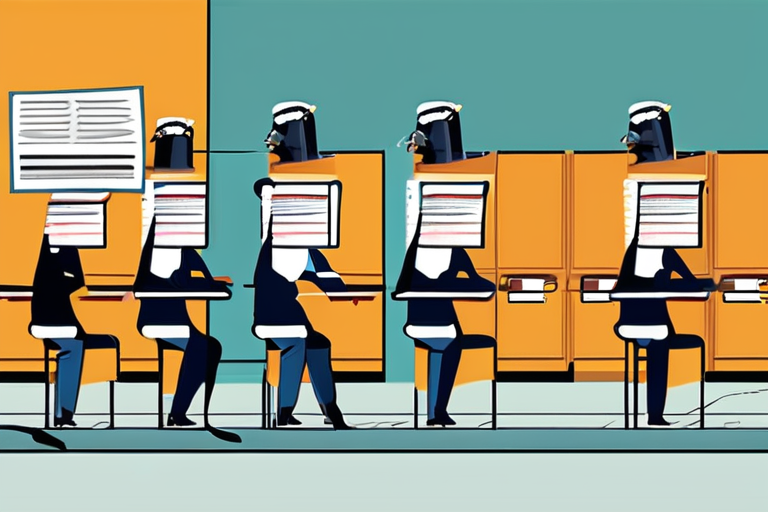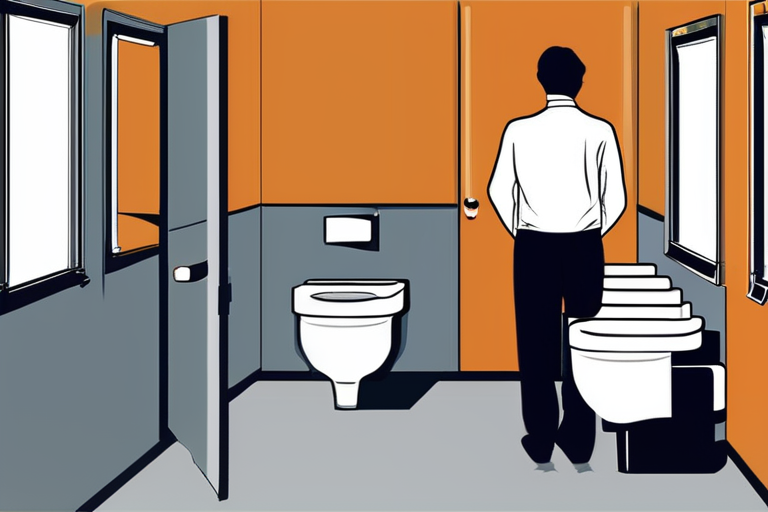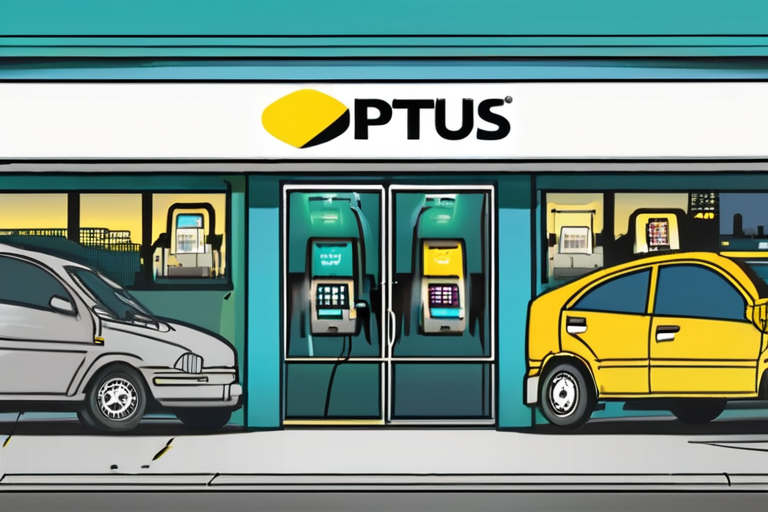Trump's Education Overhaul: 5 Ways Public Schools Are Being Transformed


Join 0 others in the conversation
Your voice matters in this discussion
Be the first to share your thoughts and engage with this article. Your perspective matters!
Discover articles from our community

 Hoppi
Hoppi

 Hoppi
Hoppi

 Hoppi
Hoppi

 Hoppi
Hoppi

 Hoppi
Hoppi

 Hoppi
Hoppi

Breaking News: Scottish Schools Ordered to Separate Boys' and Girls' Toilets Amid Controversy The Scottish government has issued new guidance …

Hoppi

TikTok's Influence Worrying as Ownership Shift Looms In a move that has left many in the tech world reeling, former …

Hoppi

Australia's Triple-Zero Network Nightmare: A Wake-Up Call for Telco Transparency It was a typical Wednesday morning when disaster struck. Thousands …

Hoppi

Breaking News: Five Police Officers Shot, Three Fatally, in Pennsylvania At least three police officers have been killed and two …

Hoppi

Meta Expands Smart Glasses Portfolio with Three New Models In a move that solidifies its position as the leader in …

Hoppi

Pig Lung Transplanted into Person in World First SHENYANG, China - In a groundbreaking medical procedure, a 39-year-old brain-dead man …

Hoppi